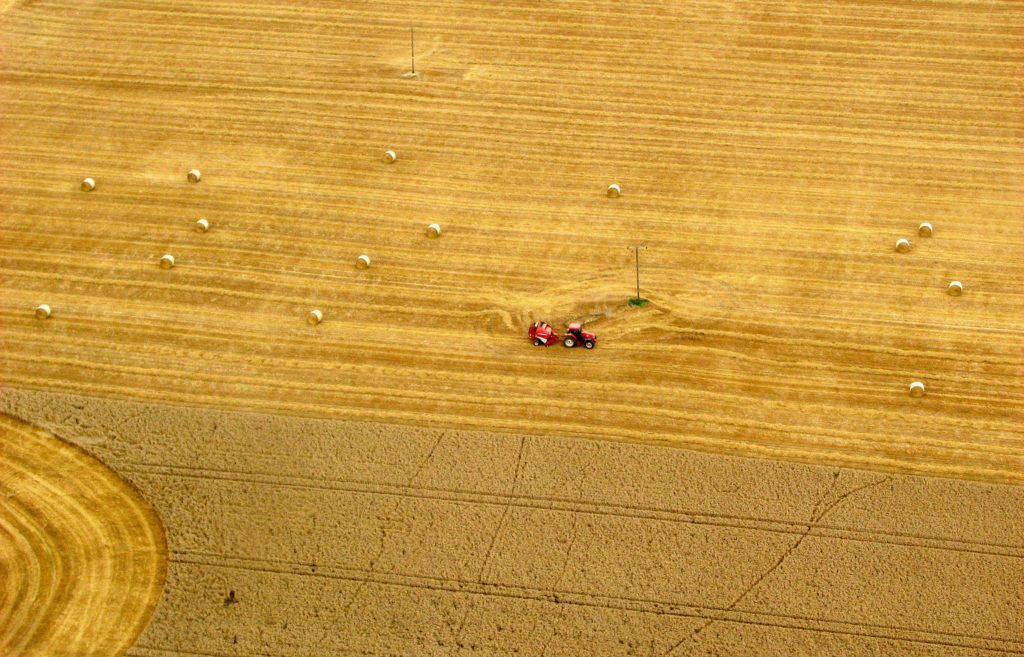A English farmer. Credit: Owen Humphreys/PA Archive/PA Images
In London the despair of others frequently impacts our lives. Several times a month, the Tube tannoy announces that someone has ‘fallen’ under a train. One high rooftop bar – the Coq d’Argent – near the Bank of England has become notorious since six stressed City workers leapt to their deaths1.
Myriad factors account for why individuals commit suicide, from lovesick teenagers to alcoholics and depressives to those who cannot cope with their bills or a toxic atmosphere in the office.
However there is a quieter suicide epidemic, which is largely ignored because it’s occurring not in big cities but in the agricultural flyover parts of many nations. The closest many of us get to these people is a perfunctory chat in a farmers’ market. Fans of the The Archers radio serial may also recall the suicide of the moody gamekeeper Greg Turner2.
The suicide rate among farmers is twice that of the general population in the US. In India some 18,000 farmers kill themselves each year. In the UK one farmer kills himself (and it is mainly males) every week, while in France it is every two days, and every four in Australia. The causes are often similar despite such differences as Chinese farmers (who only enjoy rights of usufruct) having their land snatched by spivvy developers3.
Paradoxically, stereotypes about farmers as rugged individualists partly explain why the suicide rate seems abnormally high. They often work for days alone. Many farmers care more about their herds of cows than about their wives and families.
Farmers’ livelihoods are subject to the vagaries of disease, drought or flooding, not to speak of fluctuating market forces4. Wet weather, for example, means a dearth of silage, more expensive concentrate substitutes, and a gap between these rising input costs and the falling price paid for milk, of which there is a global glut.

 Main Edition
Main Edition US
US FR
FR







Join the discussion
Join like minded readers that support our journalism by becoming a paid subscriber
To join the discussion in the comments, become a paid subscriber.
Join like minded readers that support our journalism, read unlimited articles and enjoy other subscriber-only benefits.
Subscribe